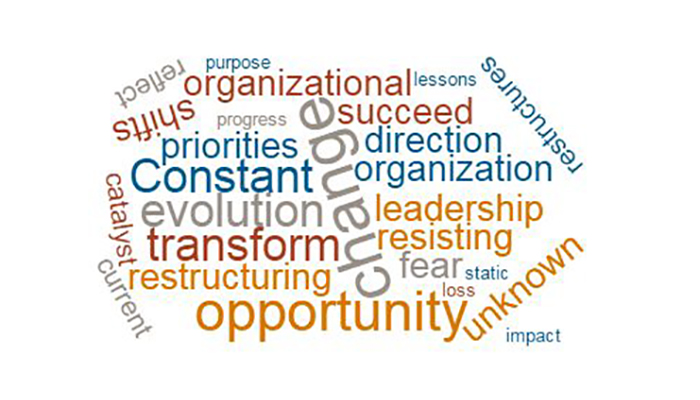 On my way into the office this morning I listened to a Ted Radio Hour episode on Shifting Time. One segment in particular caught my attention. It was a segment with Cesar Kuriyama speaking about the work he has done recording one second every day* for the past several years. His purpose for beginning this project was to capture the memories of what had transpired, to be able to look at the video and remember all of the moments – big and small, happy and sad, that he had experienced.
On my way into the office this morning I listened to a Ted Radio Hour episode on Shifting Time. One segment in particular caught my attention. It was a segment with Cesar Kuriyama speaking about the work he has done recording one second every day* for the past several years. His purpose for beginning this project was to capture the memories of what had transpired, to be able to look at the video and remember all of the moments – big and small, happy and sad, that he had experienced.
My reaction to hearing about this was slightly different. I thought about the amazing ways that this could be used to help recognize and celebrate the constant evolution that we all experience – individually and collectively; in ourselves, our communities, our organizations. I believe that nothing is static, that as one interacts with the world around them, they are changed. As an example, I am not the same as the person who began writing this blog – or even as the person who took notice of the segment in the podcast itself. Simply through the act of reflecting on and writing about this topic, I have begun to change. So, if each of us and the world around us are constantly changing, then why do we spend so much time and energy resisting change?
Often the language we hear around change is “fear of the unknown” and “loss of what had been.” What if, instead, we saw change as an opportunity? As a way of discovering something new about ourselves or the world around us? I am not trying to whitewash change by making it sound as though all change is positive. As an HR professional, I’ve done my share of corporate restructures, where not only are organizational priorities and org charts recast, but where the impact of restructuring is felt by employees throughout the organization. I’ve taken two distinct lessons from these experiences.
- First, organizations must continue to transform if they are to succeed.
- Second, individuals who have helped the organization reach its current success may not be the same as those enabling the next metamorphosis; however, each of them will continue to progress along their own path of who they are becoming.
For both the organization and the individual, these shifts in direction can act as a catalyst to realize that change is an opportunity for renewal and reinvention.
This leads me back to my realization when listening to Mr. Kuriyama. We have no idea of what we can achieve. How might we feel differently about change, perhaps coming to embrace, leverage, even drive change if we simply pause and reflect on the cumulative effect of each ‘one second every day.’
This fall, the Center for Collaborative Leadership will offer Change Management Master Class workshops to support individuals and organizations in advancing leadership skills necessary in today’s workplace.
*This link is to the original TedTalk not the Ted Radio Hour segment that prompted this blog.
